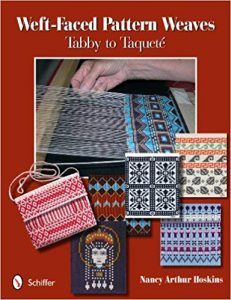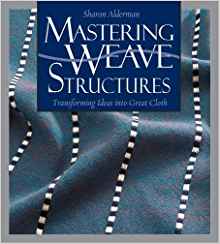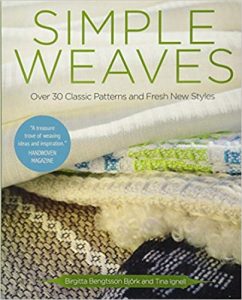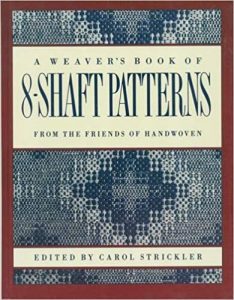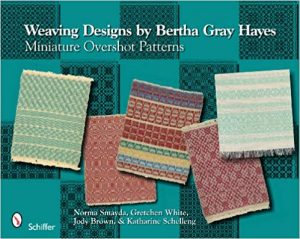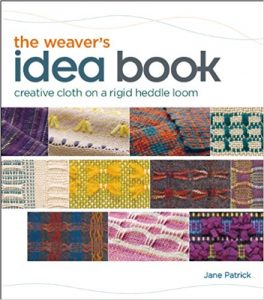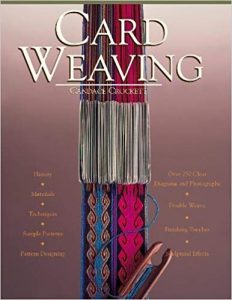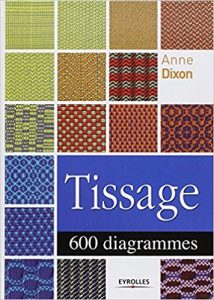Concerne les métiers à tisser à 4 et 8 cadres. Un livre qui traite du tissage double : double-face ou double-largeur. Un tutoriel à suivre pas à pas permet d’explorer toutes les possibilités offertes par le tissage double.
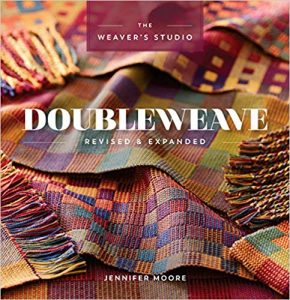 Conventional shaft loom weaving constricts the weaver into making only a single layer of fabric that is no wider than the loom. Increase your loom’s capabilities with Doubleweave Revised & Expanded!
Conventional shaft loom weaving constricts the weaver into making only a single layer of fabric that is no wider than the loom. Increase your loom’s capabilities with Doubleweave Revised & Expanded!
In this comprehensive guide to doubleweave, master-weaver Jennifer Moore revisits the tips and techniques to weaving in multiple layers. Doubleweave Revised & Expanded is filled with new information about doubleweaving and more including:
- More doubleweave technique samples for both 4 and 8-shaft looms, including more overshot patterns.
- Expanded information on how to weave fabric twice, thrice or even four-times the width of your loom, with no seam.
- Beautiful doubleweave project patterns for the home and more!
Expand the abilities of your loom with Doubleweave Revised & Expanded!
